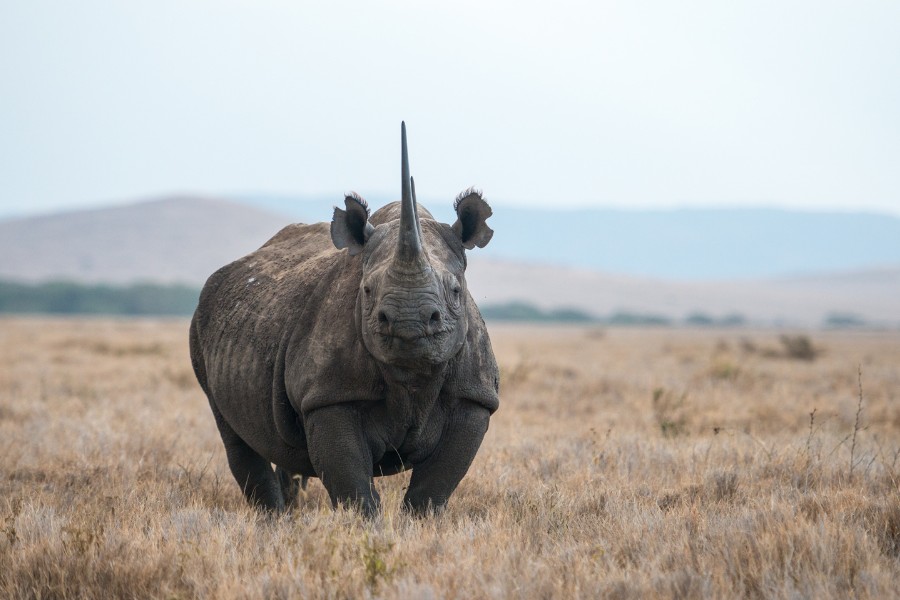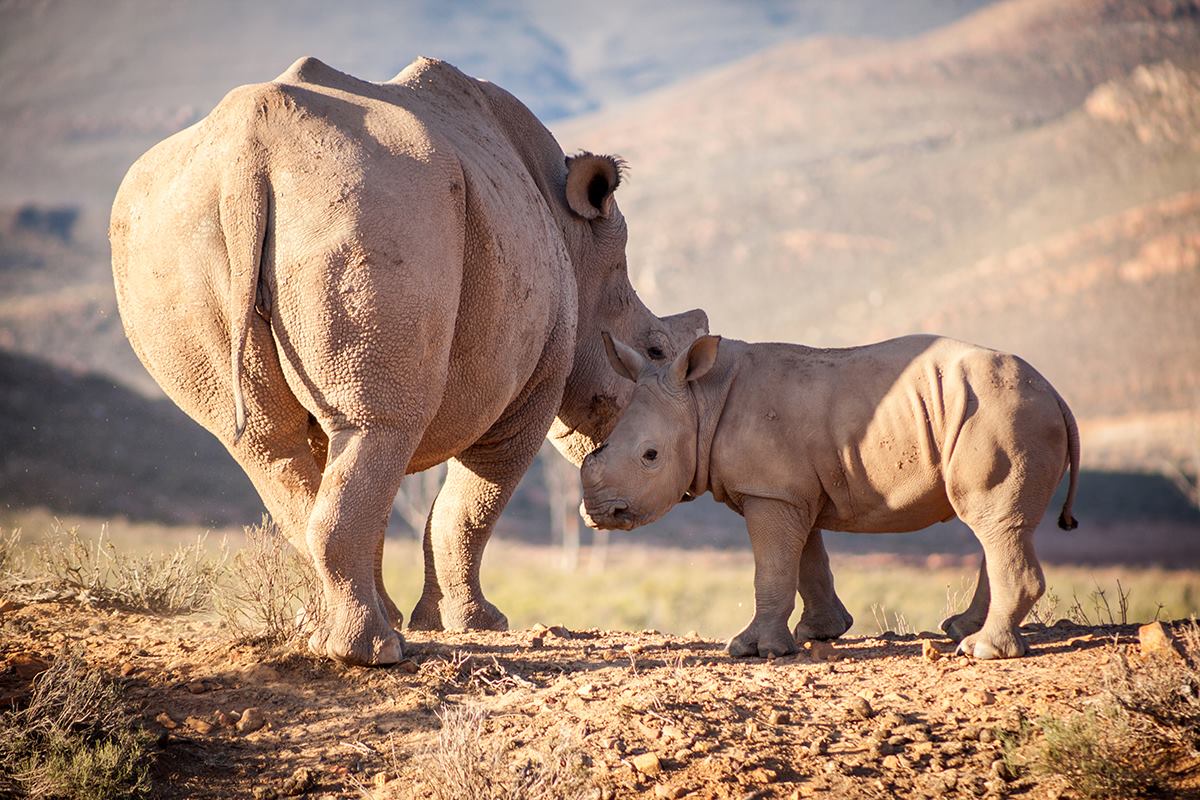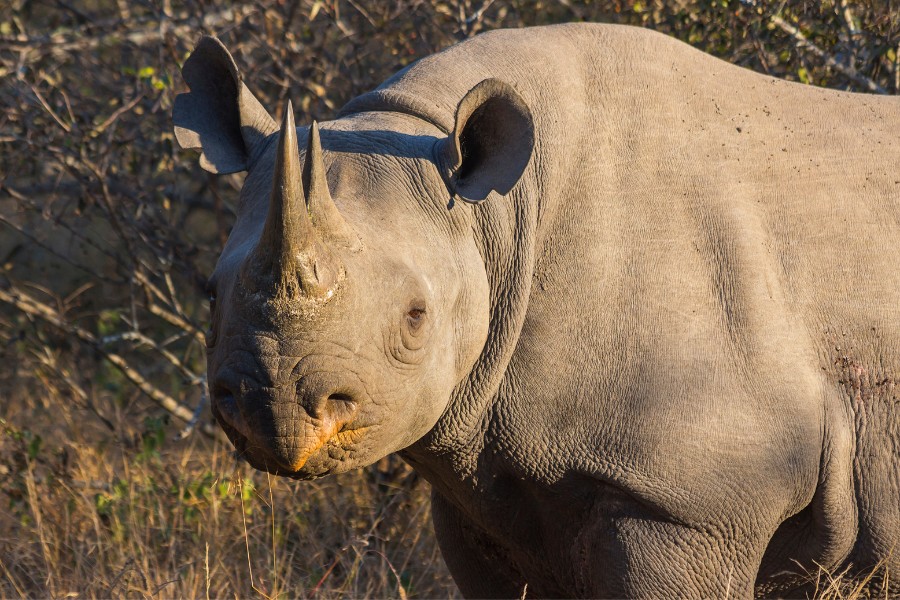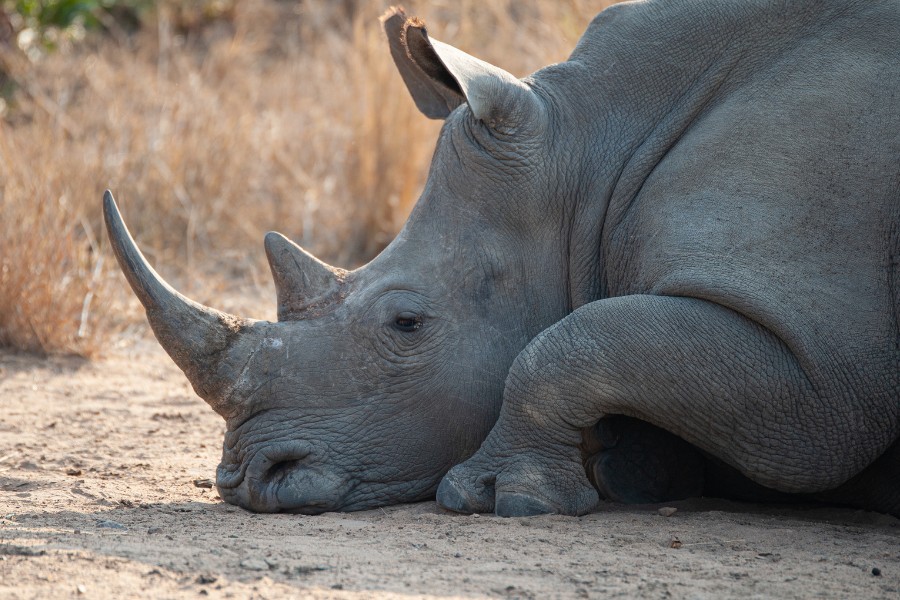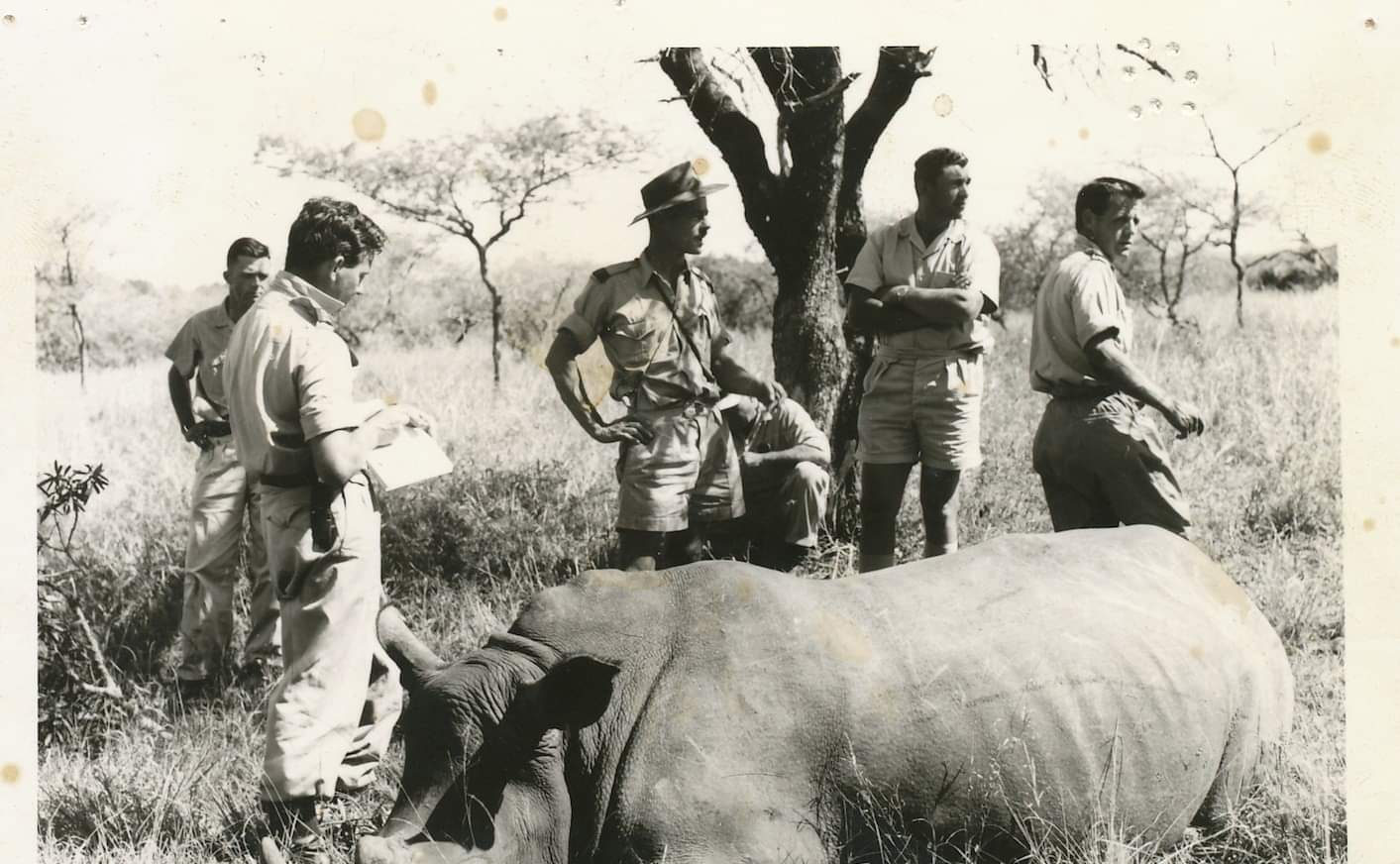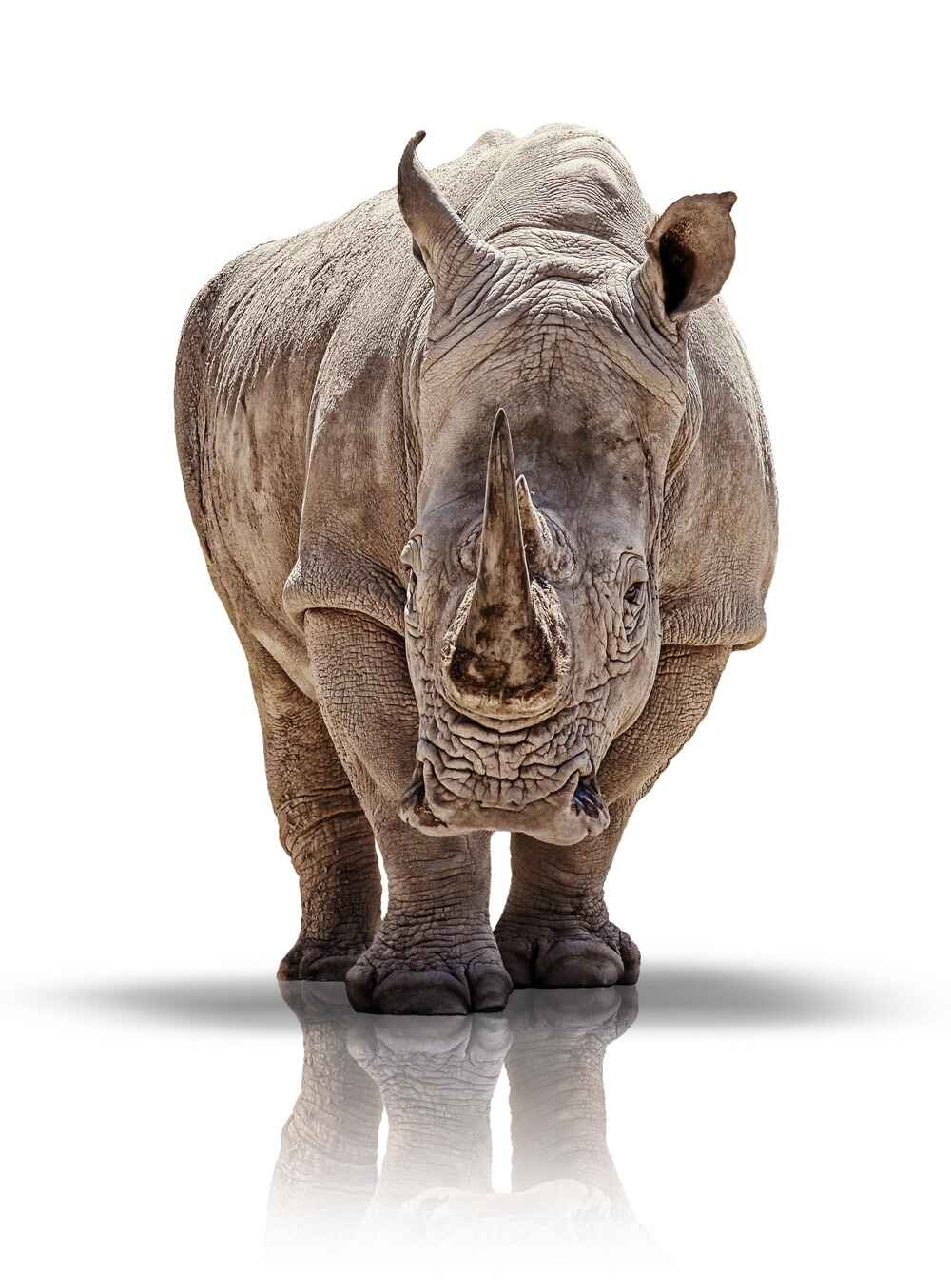On the 27 February 2024, the Department of Forestry, Fisheries and the Environment (DFFE) announced that 499 rhinos were killed in 2023. The latest poaching statistics are out, and they paint a grim picture for South Africa’s rhinos. In the last year, poaching has surged by over 10% compared to 2022, with a staggering 499 rhinos slaughtered across the country. But the true horror lies in Kwa-Zulu Natal, at Hluhluwe-iMfolozi Park (HiP), where a shocking 60% of the national total—a devastating 307 rhinos—were brutally killed.
Hluhluwe-iMfolozi National Park isn’t just another statistic. During the 1960s, when South Africa almost lost the White Rhino, it was the tireless conservation work and innovative breeding projects led by Hluhluwe-iMfolozi Park which oversaw the incredible resurgence of the species. Kwa-Zulu Natal is the very cradle of the Southern white rhino in Southern Africa, and is one of the last remaining hopes for the Southern White Rhino to thrive in the wild. Every rhino lost in KZN is a severe blow to their fragile future.
“The pressure again has been felt in the KwaZulu-Natal (KZN) province with Hluhluwe-iMfolozi Park facing the brunt of poaching cases, losing 307 of the total national poaching loss. This is the highest poaching loss within this province.”
Ms Barbara Creecy: Minister of Forestry, Fisheries and the Environment
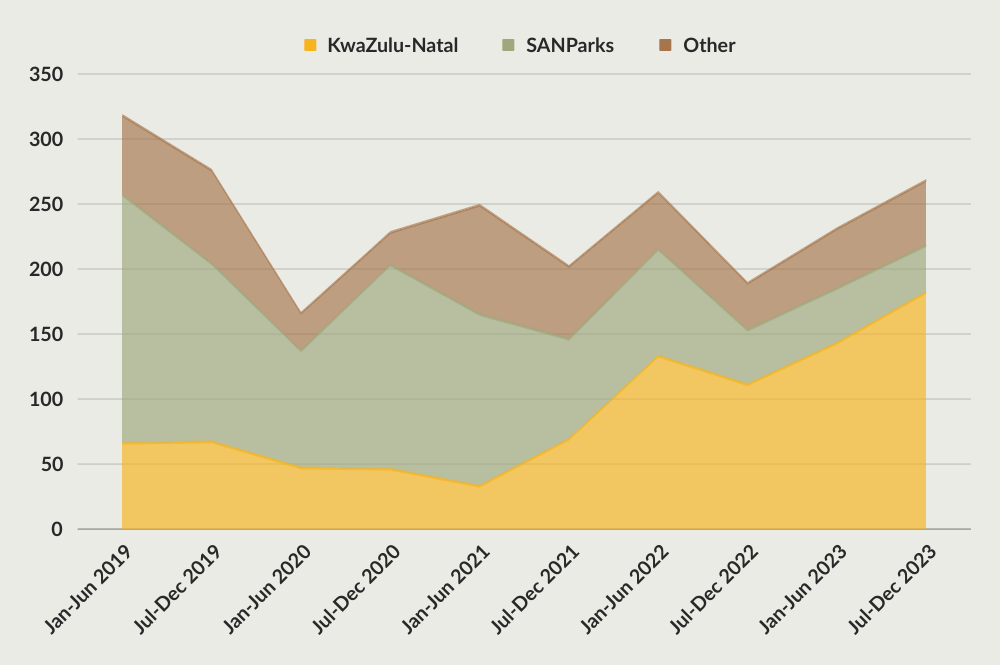
Alarming Rise in Rhino Poaching in 2023
This isn’t just about numbers; it’s about relentless cruelty and widespread misinformation resulting from the illegal rhino horn trade. During 2023, 499 rhinos were poached across South Africa, 406 were killed on state properties and 93 were killed on privately owned game reserves and farms. This was an increase 51 poaching fatalities in comparison to the 448 rhinos poached during 2022.
Our hearts sink as we read the statistics for rhino poaching in 2023, reversing the hard-won anti-poaching efforts seen in 2022. Dedicated rangers risk their lives daily to protect South Africa’s endangered creatures, but they can’t do it alone. We need a coordinated attack on the heart of the poaching networks, dismantling the organisations that fuel this barbaric trade while working together with East-Asian governments to put an end to the rhino horn market—cutting the demand off at its source.
However, amidst the disappointment that arose from the DFFE’s announcement, there is a small hint of hope. Kruger National Park, once the epicentre of poaching in Southern Africa, saw a significant decrease in incidents thanks to innovative strategies like dehorning programmes and stronger security measures. In fact, SAN parks recorded a 37% decrease from 2022, with a total of rhinos 78 poached in 2023.
While the decrease in Kruger Park’s figures and the increase in poaching attacks in KZN (and other parts of South Africa) may be linked to KNP’s declining rhino numbers, this small success offers a glimpse at the future Saving Private Rhino are working hard to create: one shaped by innovative anti-poaching initiatives and fully-equipped rhino protection units. At the end of the day, there is no mistaking that the fight against poaching is an ongoing war. And the only way we can safeguard the future of South Africa’s endangered wildlife, is to actively do something about it.
Time is running out. Every 17 hours, another rhino falls victim to the horrors of poaching. We cannot afford to lose momentum. Saving Private Rhino (SPR) stands at the frontlines, supporting and equipping the brave rangers, conservationists, and private reserves who are doing everything they can to ensure a future where rhinos can not only survive, but thrive, in their rightful home—the wild.

